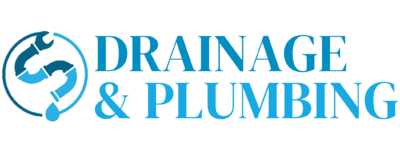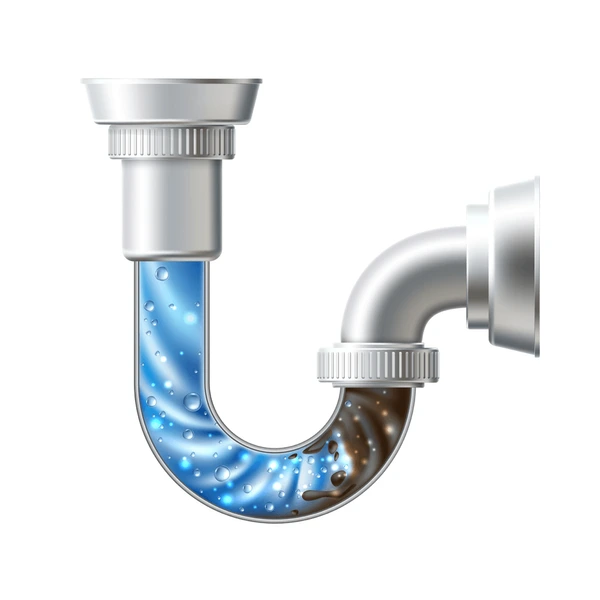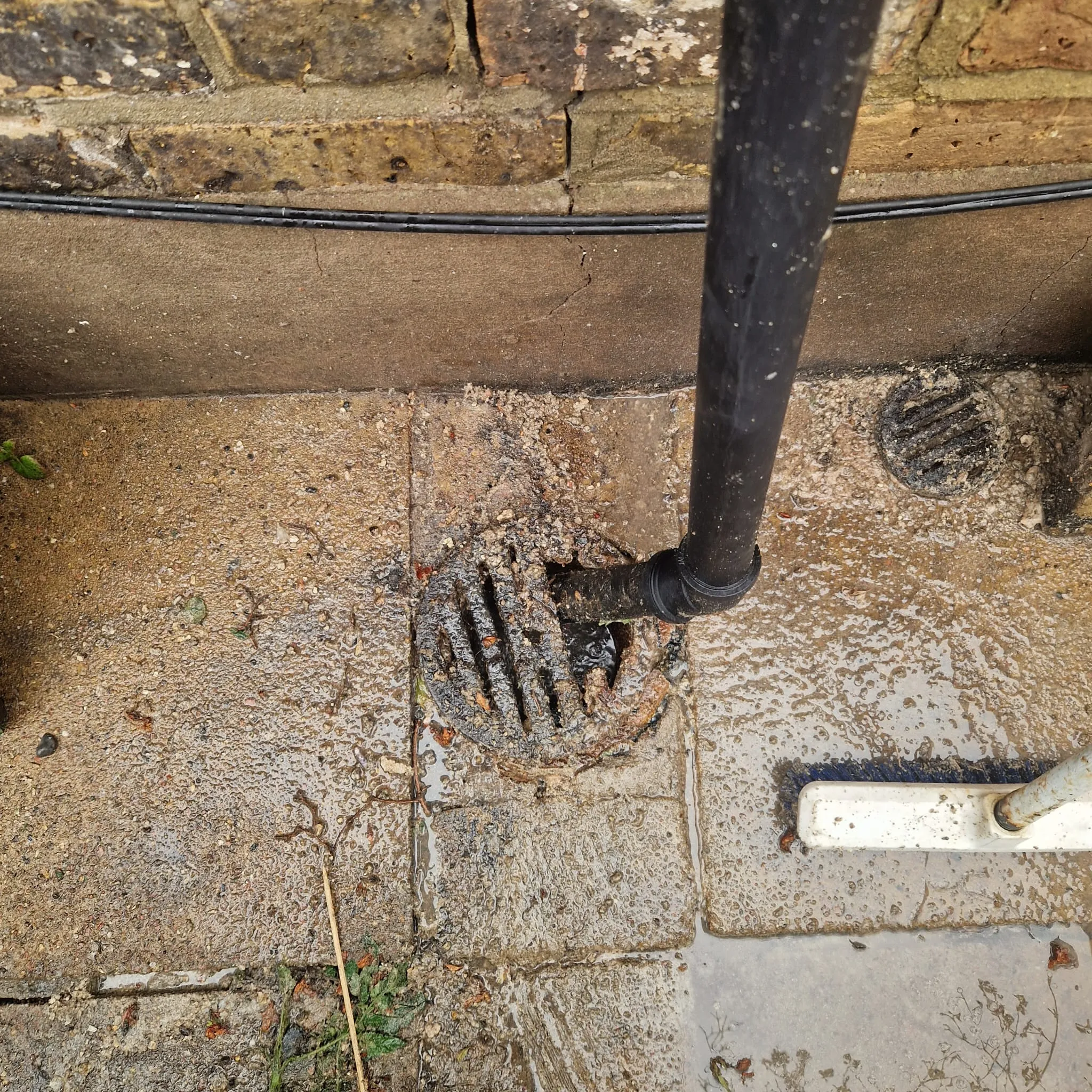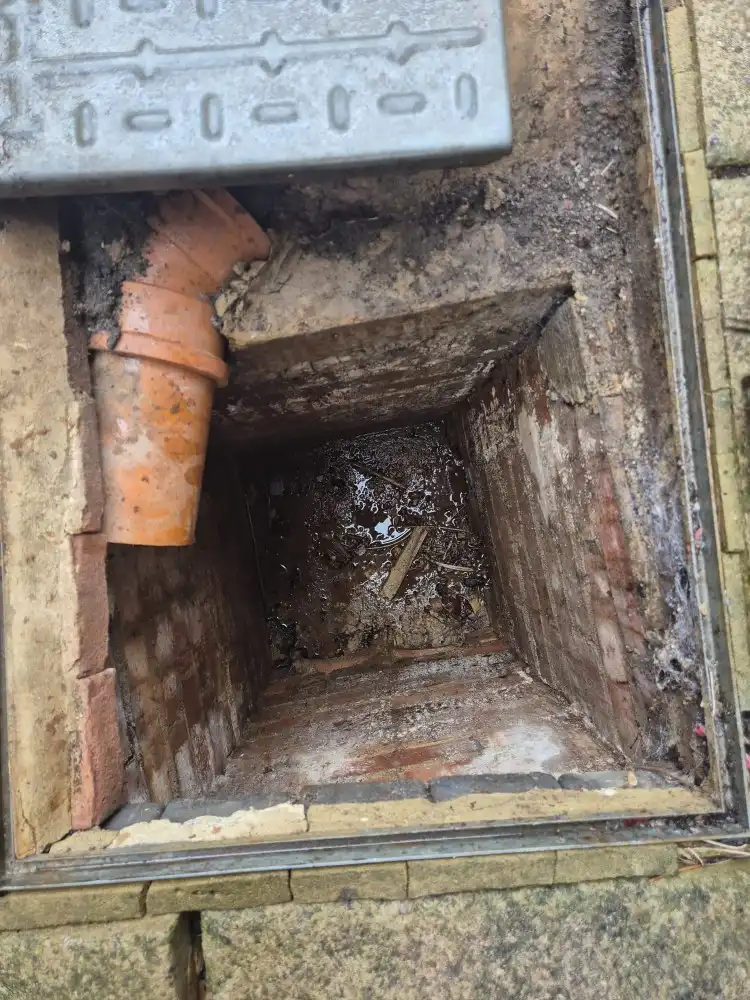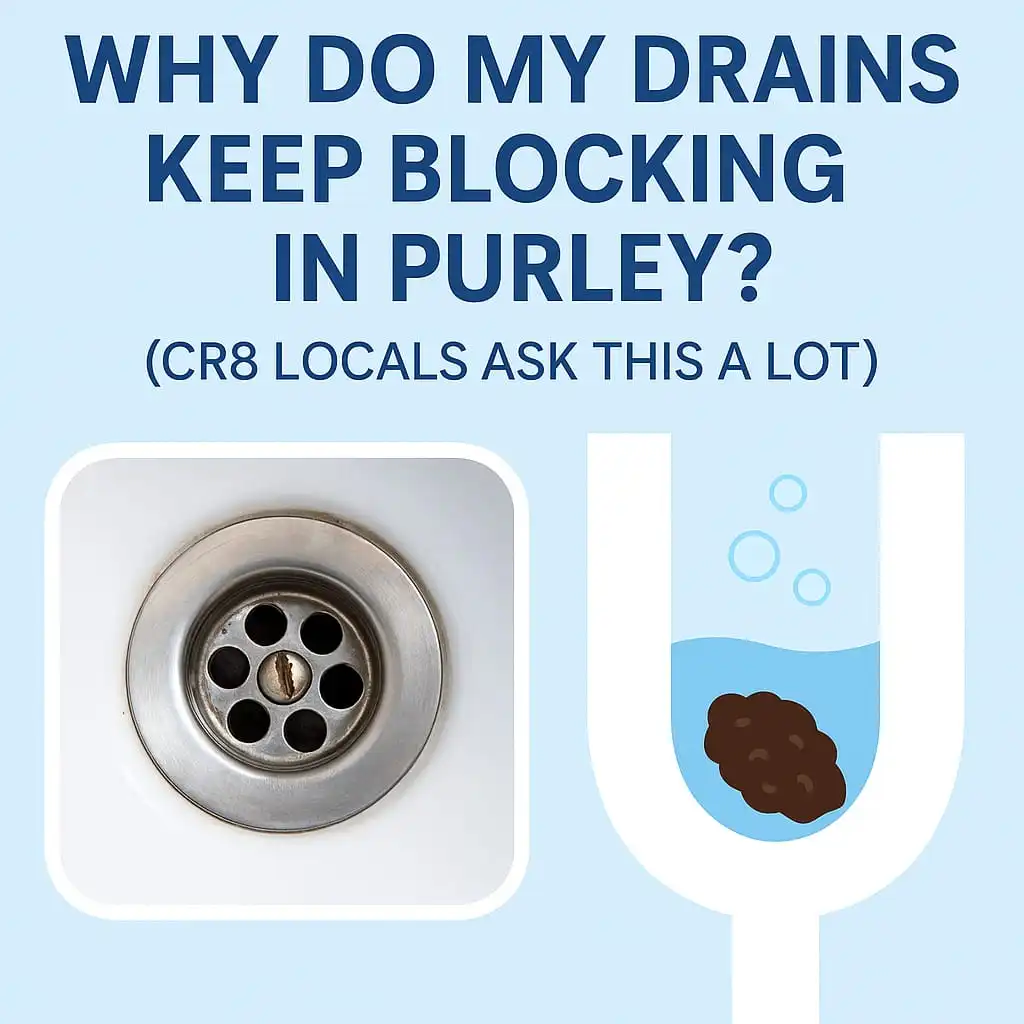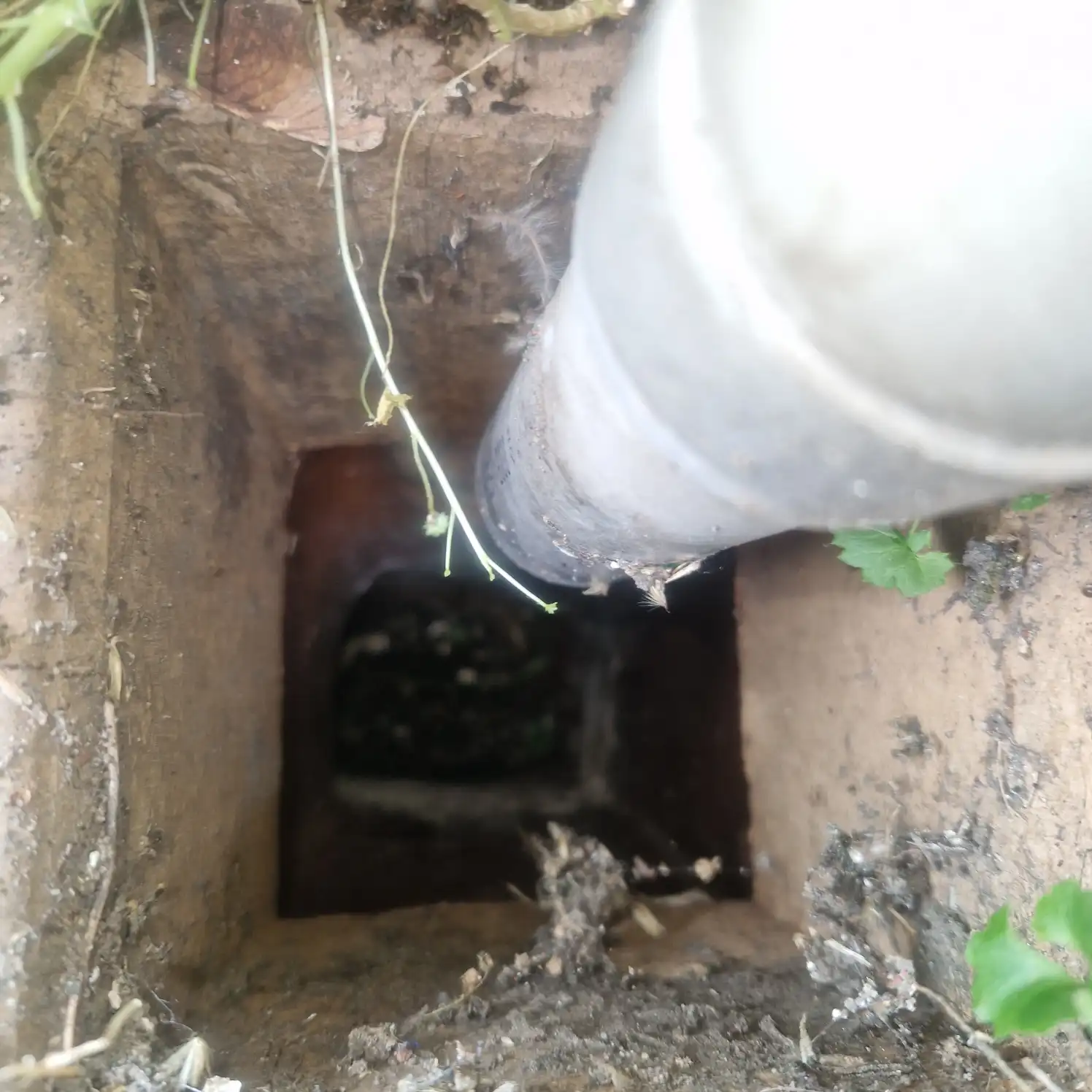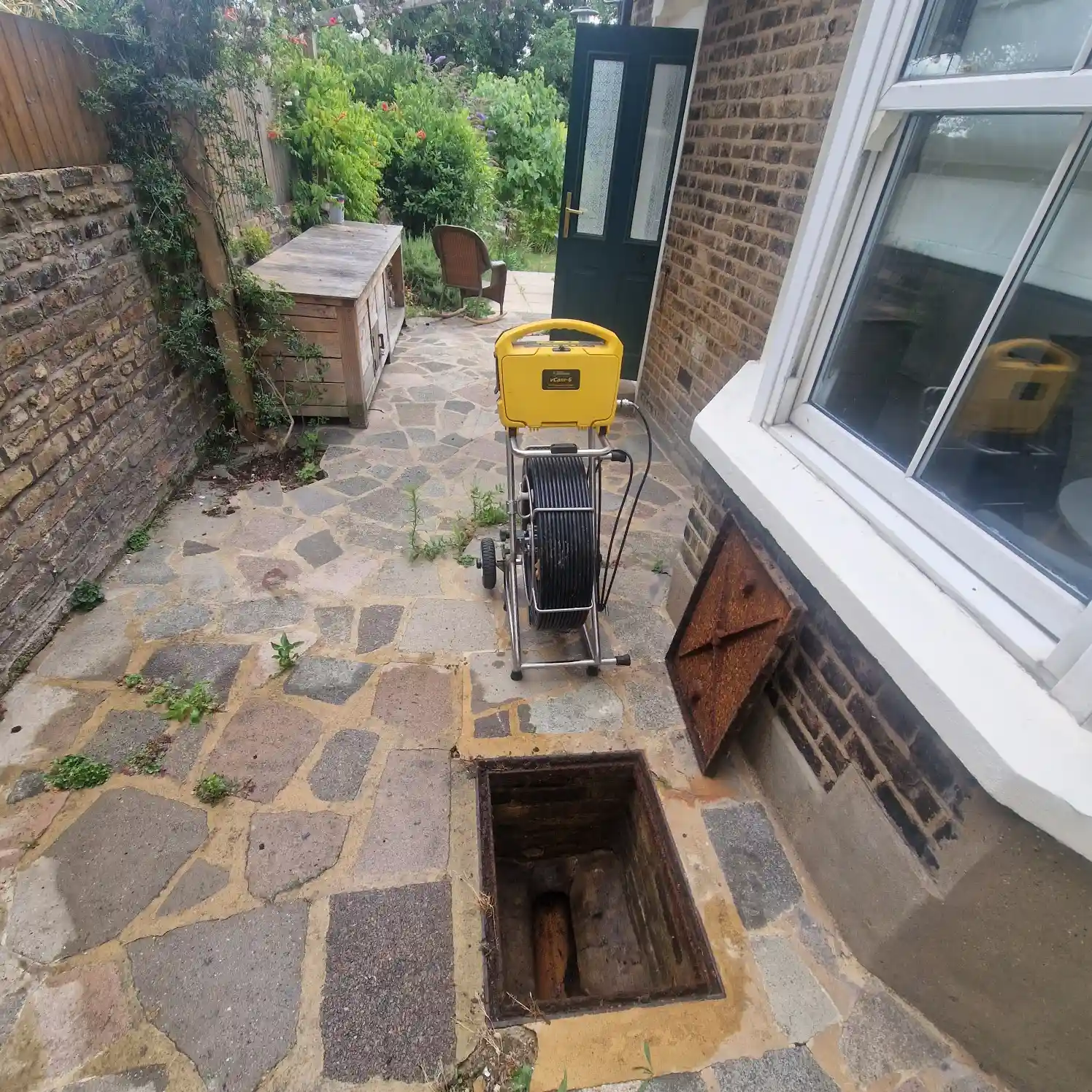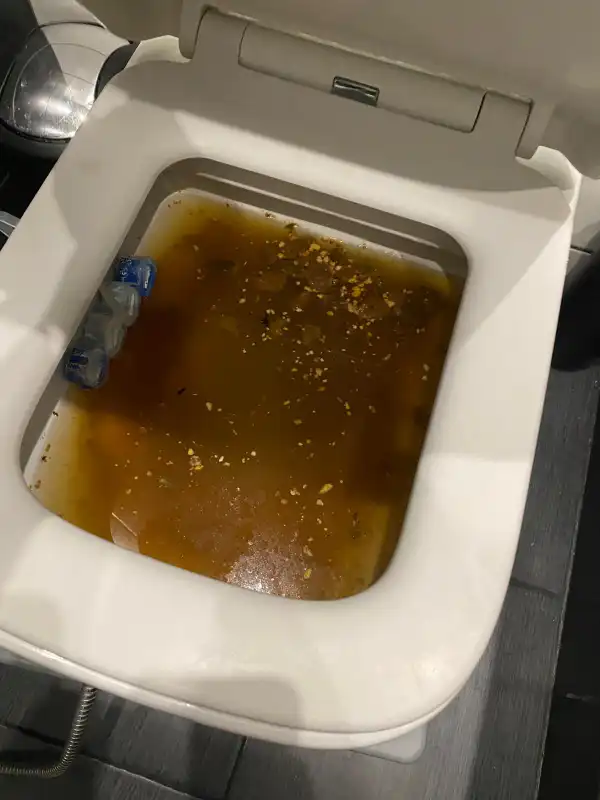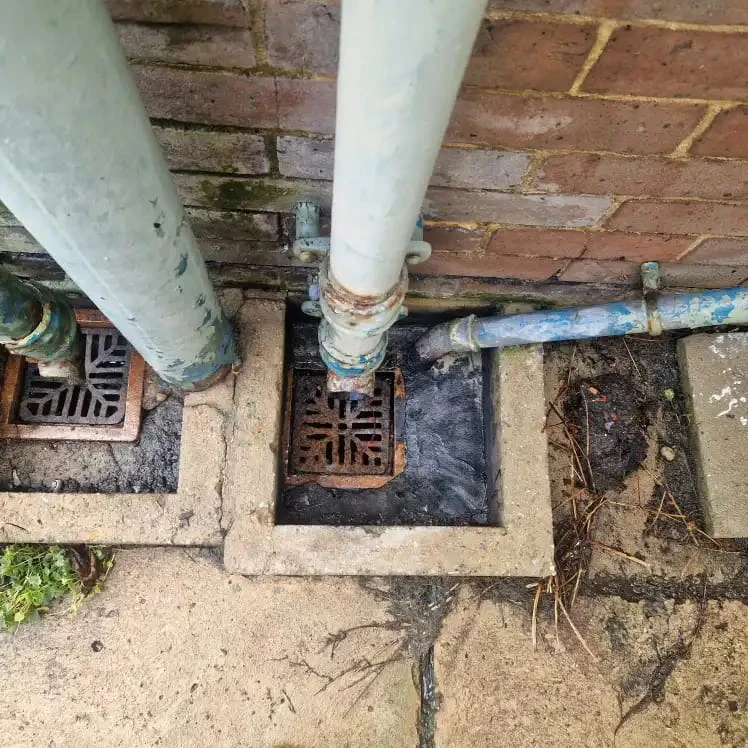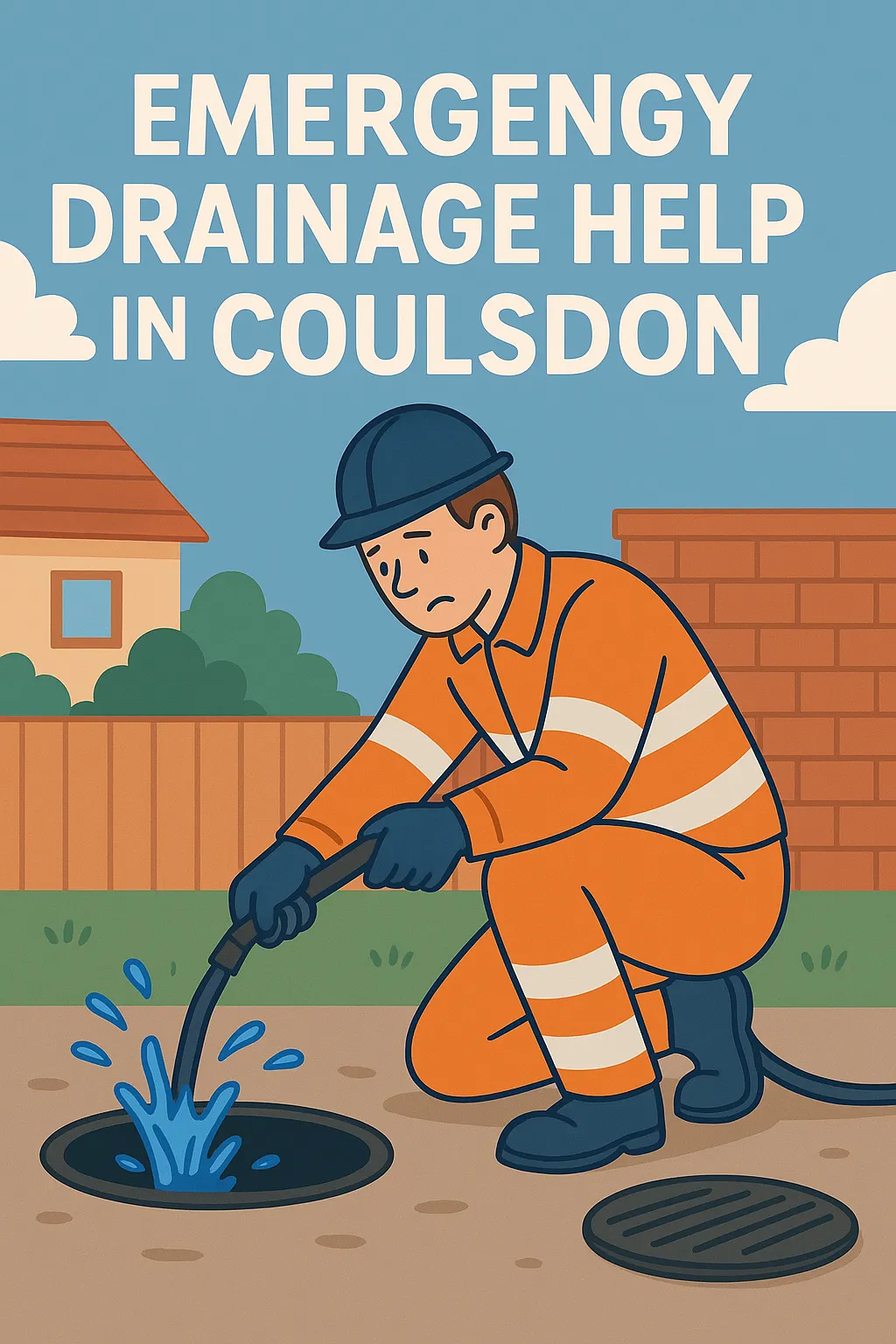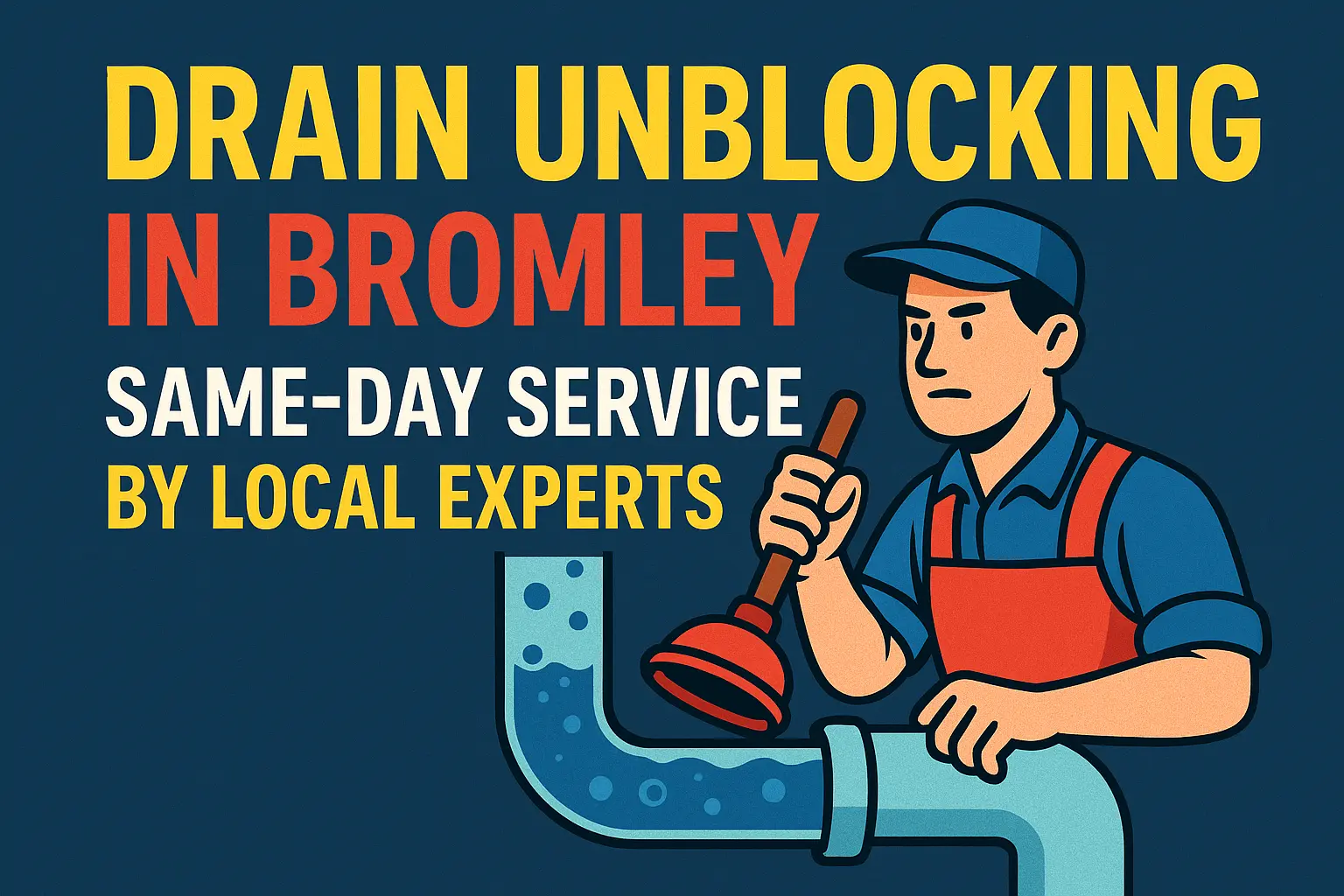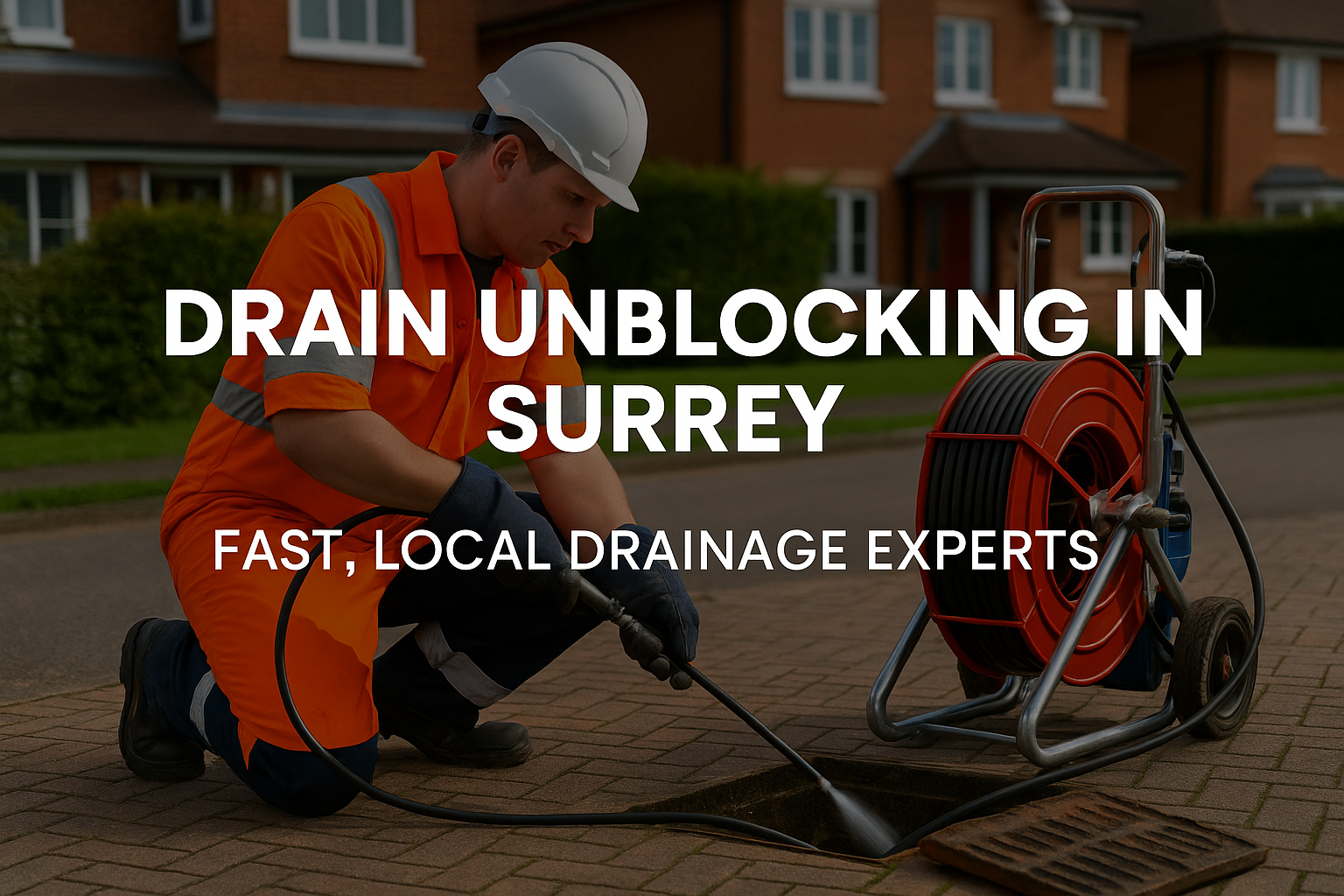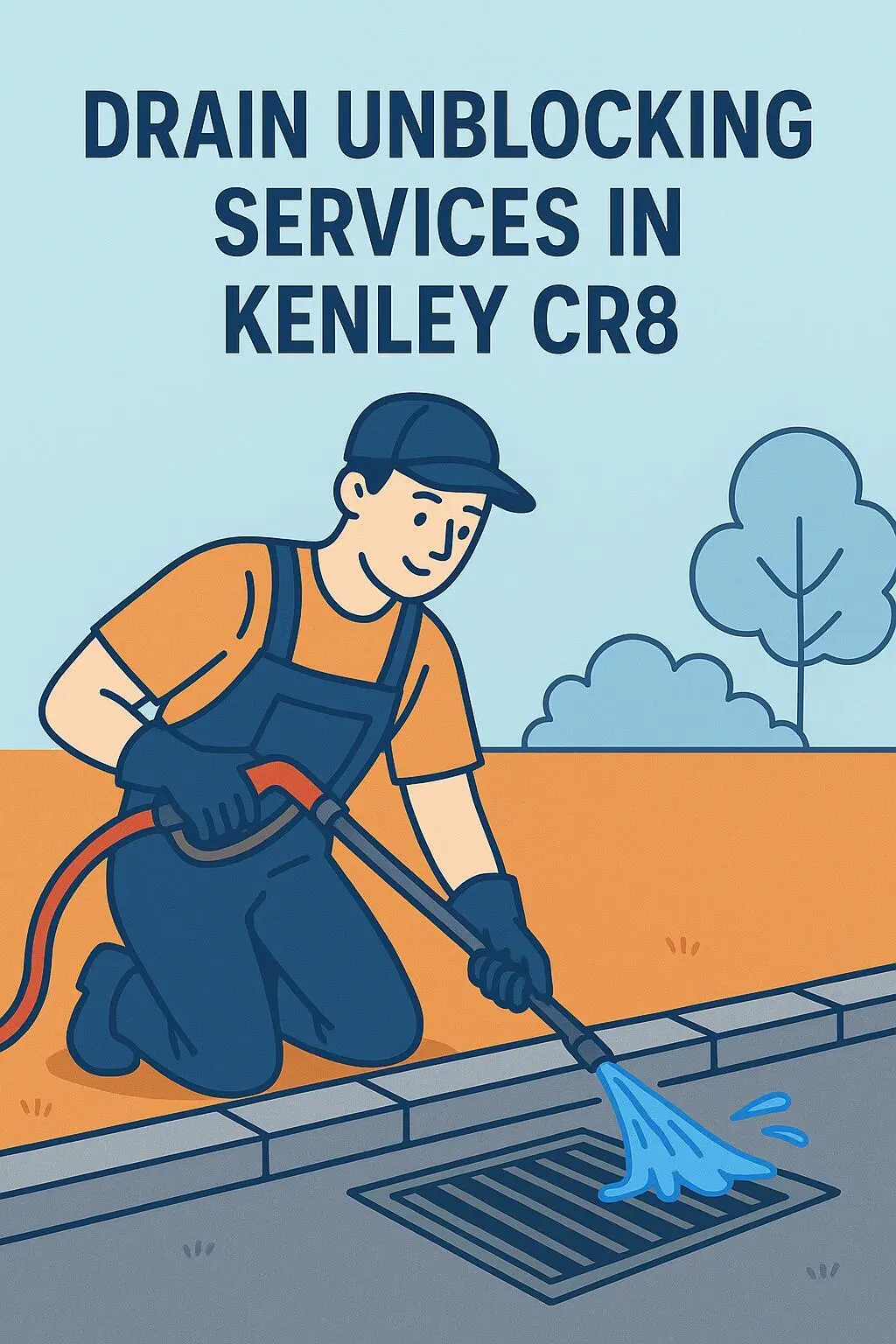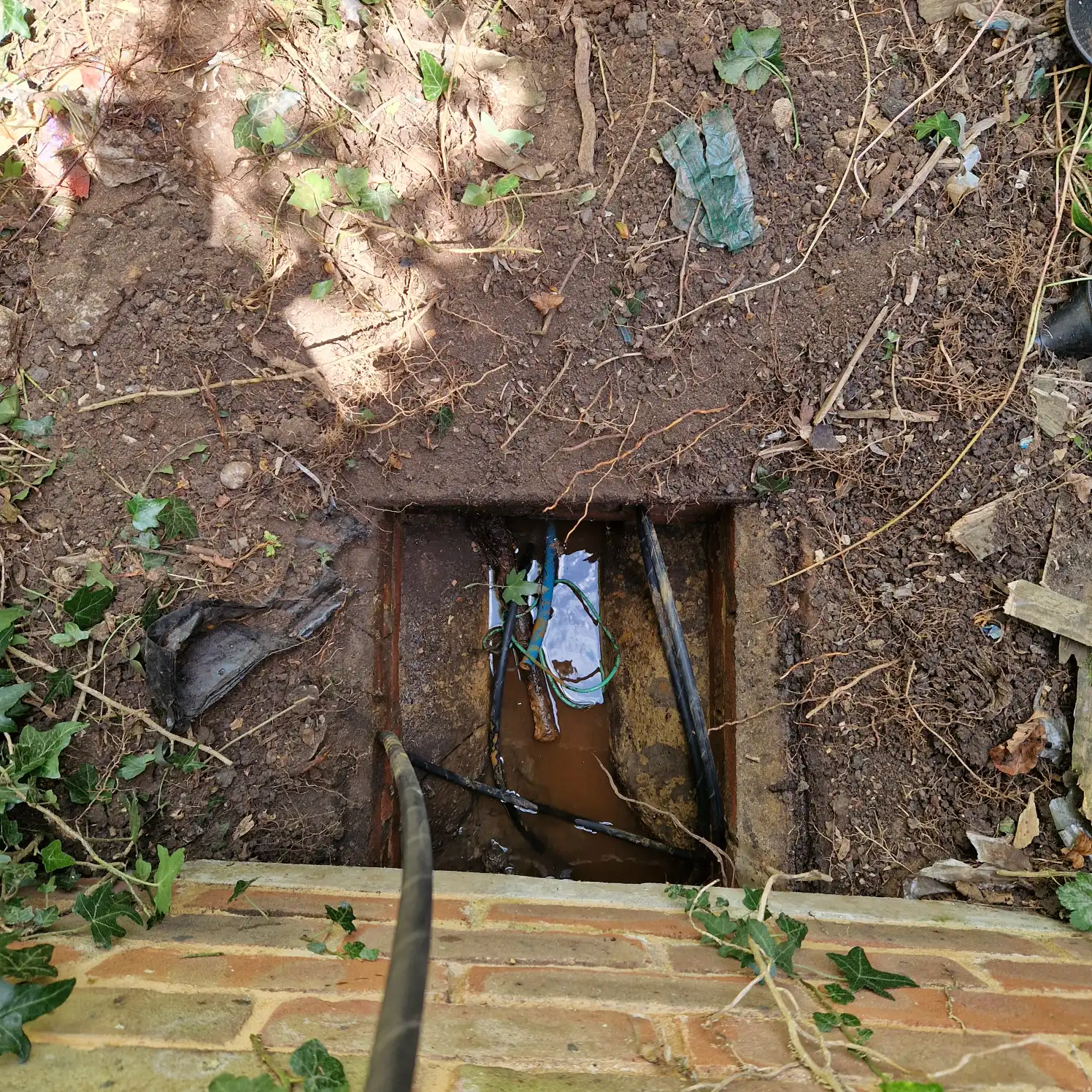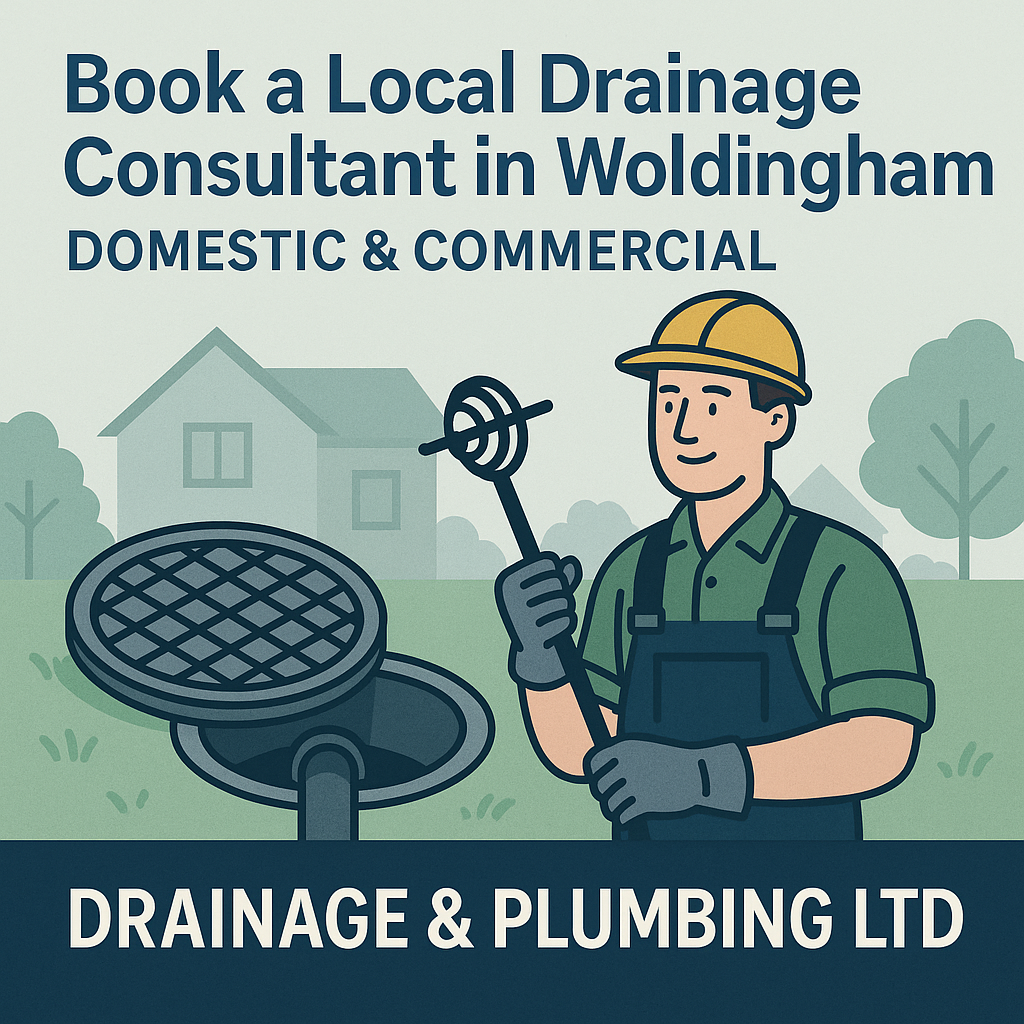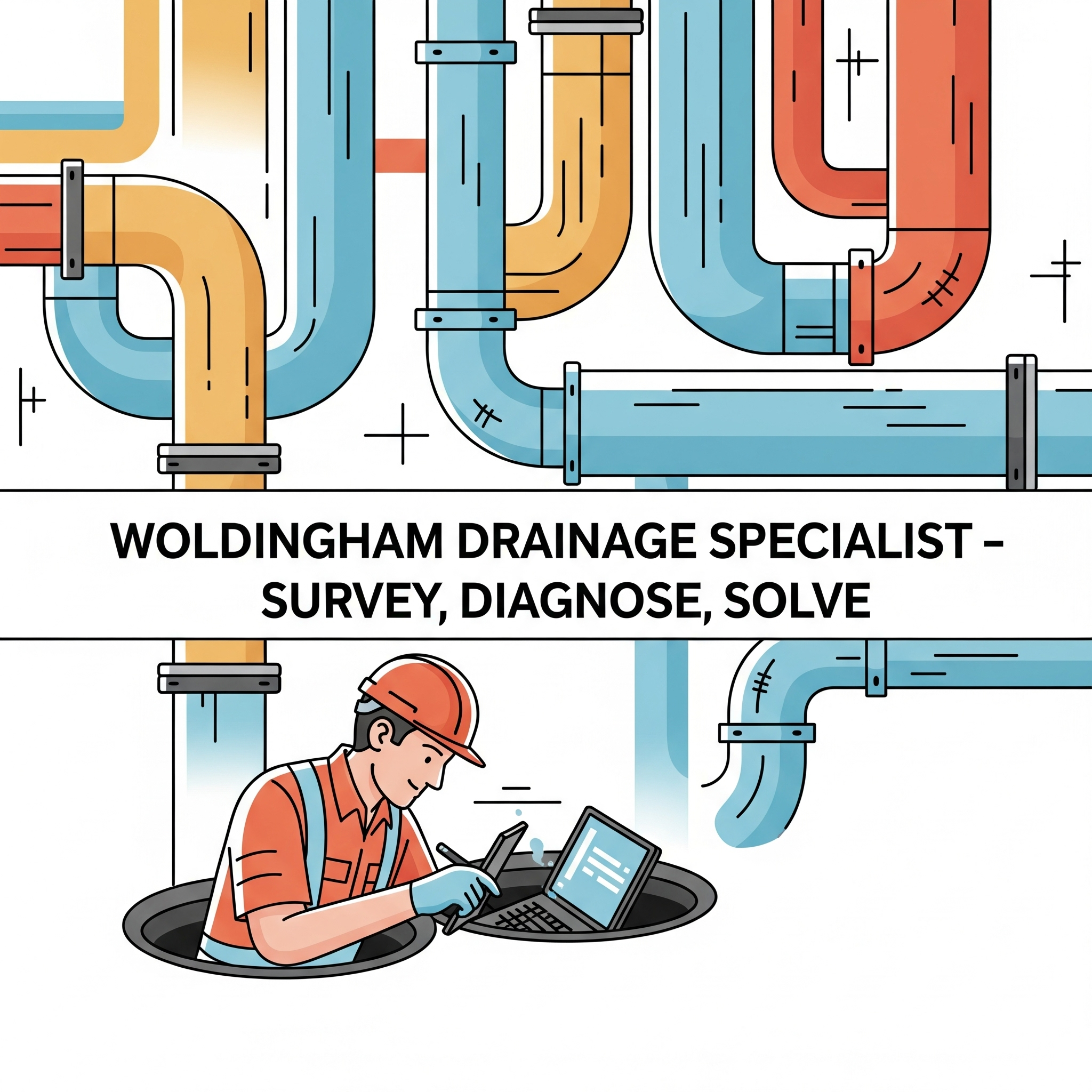How to Prevent Drain Blockages in Woldingham Homes
Drain blockages are one of the most common and frustrating household issues homeowners face. While they might seem like a minor inconvenience at first, leading to slow drainage and unpleasant odours, if left unaddressed, they can quickly escalate into major problems, causing water damage, expensive repairs, and significant disruption to your daily life. For residents in picturesque Woldingham, maintaining a functional and efficient drainage system is crucial for the longevity and comfort of their homes. Proactive prevention is always better, and far less costly, than reactive emergency repairs. This comprehensive guide will delve into the various causes of drain blockages and provide actionable strategies to keep your plumbing system flowing smoothly, ensuring your Woldingham home remains a haven of comfort.
At Drainage & Plumbing LTD, we understand the specific needs of properties across South East England, including Woldingham. Our mission is to provide fast, reliable, and professional drainage and plumbing services. However, our vision also extends to empowering homeowners with the knowledge to prevent issues before they even begin. By understanding the common culprits behind clogs and adopting simple preventative habits, you can significantly reduce the likelihood of experiencing drainage nightmares.
Why Drain Prevention Matters: More Than Just Avoiding a Mess
Many homeowners only think about their drains when something goes wrong. However, neglecting drain health can have far-reaching consequences beyond just a blocked sink. Understanding why prevention is paramount can motivate you to adopt better habits.
Cost Savings
Emergency plumbing services, while sometimes unavoidable, can be costly. A severe blockage requiring professional intervention, specialised equipment like hydro-jetting, or even excavation due to root intrusion, can quickly add up. Regular preventative maintenance, on the other hand, is often simple, inexpensive, and can be done with items you already have around your home. Investing a small amount of time and effort into prevention can save you hundreds, if not thousands, in future repair bills. Moreover, unnoticed leaks or slow blockages can lead to significant water damage to floors, walls, and foundations, which are far more expensive to rectify than a drain cleaning.
Health and Hygiene
Blocked drains are not just an eyesore; they can pose serious health risks. Standing water in sinks, showers, or toilets becomes a breeding ground for bacteria, mould, and mildew, which can release foul odours and potentially trigger respiratory issues or allergies. Pests like drain flies, cockroaches, and even rodents are attracted to stagnant water and decaying organic matter in clogged pipes, further compromising your home’s hygiene. A free-flowing drainage system ensures waste is efficiently removed from your home, maintaining a healthy and sanitary environment for your family.
Protecting Your Home’s Infrastructure
Persistent clogs and slow drainage put immense strain on your plumbing system. The constant pressure build-up can weaken pipe joints, leading to leaks, bursts, and structural damage over time. This is particularly concerning for older properties in areas like Woldingham, where original plumbing might be more susceptible to wear and tear. Furthermore, if blockages lead to wastewater backing up into your home, it can cause extensive damage to flooring, carpets, and furniture, potentially leading to costly renovations and a diminished property value. Proactive drain care helps preserve the integrity of your entire plumbing infrastructure.
Environmental Impact
While less immediately obvious, drain blockages can have an environmental impact. Wastewater overflows due to severe blockages can contaminate local soil and water sources, especially if they contain harmful chemicals. Additionally, the production and disposal of chemical drain cleaners, often used as a quick fix, contribute to environmental pollution. By preventing clogs naturally, you reduce the reliance on harsh chemicals and ensure proper wastewater treatment.
Common Causes of Drain Blockages in Woldingham Homes
Understanding what typically causes drains to clog is the first step toward effective prevention. While the specific culprits might vary slightly between kitchens, bathrooms, and outdoor drains, most blockages can be traced back to a few common offenders.
Fats, Oils, and Grease (FOG)
Perhaps the most notorious enemy of kitchen drains is FOG. While these substances may appear liquid when hot, they solidify as they cool, clinging to the inside of your pipes. Over time, these sticky deposits accumulate, trapping other food particles and debris, eventually leading to a stubborn and often difficult-to-clear blockage known as a “fatberg.” This is why simply rinsing grease down the sink, even with hot water, is a recipe for disaster.
Hair and Soap Scum
In bathrooms, hair is the primary culprit. Loose strands shed during showering or bathing combine with sticky soap scum, which is a residue formed when soap reacts with hard water minerals. This mixture creates a gooey, insoluble mass that adheres to pipe walls, constricting water flow and eventually forming a dense clog. Conditioner, toothpaste, and other personal care products can also contribute to this build-up.
Foreign Objects
Many items accidentally (or intentionally) flushed down toilets or washed down sinks are simply not meant for the plumbing system. This includes so-called “flushable” wipes (which often aren’t), cotton balls, dental floss, sanitary products, paper towels, small toys, and even pet litter. These items do not break down in water like toilet paper and can quickly become lodged in pipes, forming severe obstructions.
Food Debris
While FOG is a major contributor, other food particles can also cause problems in kitchen sinks. Coffee grounds, eggshells, fruit and vegetable peels, pasta, rice, and even small fragments of food can accumulate in drains, especially if you don’t have a garbage disposal or if your disposal isn’t used correctly. These particles can get trapped in grease build-up or form their own obstructions.
Tree Roots
For external drains and sewer lines, tree roots are a significant threat. Roots are naturally drawn to sources of water and nutrients, and the tiny cracks or loose joints in underground pipes provide the perfect entry point. Once inside, roots continue to grow, expanding and creating dense networks that block the flow of wastewater. They can also crush or break pipes, leading to much more extensive and costly damage.
Mineral Buildup (Hard Water)
In areas with hard water, minerals like calcium and magnesium can accumulate inside pipes over time. This mineral scale reduces the internal diameter of the pipes, restricting water flow and making them more susceptible to blockages from other debris. While slower to form, this type of build-up can be very difficult to remove without professional help.
Practical Prevention Tips for Kitchen Drains
The kitchen sink is often the busiest drain in the house and, consequently, one of the most prone to blockages. Adopting these habits can save you a lot of hassle.
Scrape Plates Before Washing
Before rinsing dishes, scrape all food scraps, no matter how small, into the rubbish bin or compost. Even tiny particles can accumulate and contribute to clogs over time, especially when combined with grease.
Proper FOG Disposal
Never pour fats, oils, or grease down the drain. This includes cooking oils, bacon grease, butter, and even salad dressings with oil. Instead, pour cooled grease into an old container (like a tin can or glass jar), let it solidify, and then dispose of it in your general waste bin. For smaller amounts, wipe greasy pans with a paper towel before washing.
Use Drain Strainers
Install mesh drain strainers over all your kitchen sink drains. These inexpensive devices act as a physical barrier, catching food particles, coffee grounds, and other debris before they enter your pipes. Remember to empty and clean the strainer regularly.
Regular Hot Water Flush
Once a week, after you’ve disposed of all FOG and food scraps, run very hot water down your kitchen drain for a few minutes. This can help to dissolve minor grease build-up and flush away any small particles that might have accumulated. While not a cure for major clogs, it’s a good preventative measure.
Avoid Chemical Drain Cleaners
While tempting for a quick fix, chemical drain cleaners are highly corrosive and can do more harm than good. They often don’t fully clear a blockage, instead just creating a small hole through it, allowing the clog to quickly reform. Worse, they can corrode your pipes, especially older ones, and pose a health hazard if splashed or if fumes are inhaled. If you have a septic system, these chemicals can also kill the beneficial bacteria needed for its proper functioning. For minor clogs, try natural methods; for serious ones, call a professional.
Practical Prevention Tips for Bathroom Drains
Bathroom drains, including sinks, showers, and bathtubs, face a different set of challenges, primarily hair and soap scum.
Install Hair Catchers
This is perhaps the simplest and most effective preventative measure for bathroom drains. Place a hair catcher (a mesh screen or similar device) over the drain in your shower, bathtub, and even your sink. These will trap hair before it goes down the drain. Remember to clean them out after every use.
Minimize Soap Scum
While difficult to eliminate entirely, you can reduce soap scum build-up by rinsing your shower walls and tub thoroughly after each use. Consider switching to liquid soaps or body washes instead of traditional bar soaps, as they tend to produce less scum. Regularly clean your shower and sink with a cleaner that targets soap scum.
Never Flush Non-Biodegradable Items
This rule is paramount for toilets but also applies to bathroom sinks. The only things that should ever be flushed down a toilet are human waste and toilet paper. Absolutely avoid flushing so-called “flushable” wipes, cotton balls, Q-tips, dental floss, sanitary pads, tampons, paper towels, or any other non-biodegradable items. These do not break down in your plumbing system and are a leading cause of severe toilet and sewer line blockages.
Regular Flushing with Hot Water
Similar to kitchen drains, a weekly flush of very hot water down your bathroom drains (sinks, showers, tubs) can help to dislodge minor soap scum and hair accumulations. This is particularly effective after you’ve already removed any visible hair from the drain catcher.
Baking Soda and Vinegar Method (Gentle Cleaner)
For a natural and gentle drain freshener and preventative measure, pour half a cup of baking soda down the drain, followed by half a cup of white vinegar. Let it sit for 20-30 minutes, then flush with hot water. The chemical reaction creates fizzing action that can help break down minor grease and scum, but it’s important to note this is not a solution for severe blockages. Use this method as a preventative measure, not a drain opener.
Outdoor and External Drain Maintenance
It’s easy to overlook the drains outside your Woldingham home, but these are just as crucial as your indoor plumbing. External drains manage rainwater and prevent water from pooling around your foundation, which can lead to structural damage.
Keep Gutters and Downspouts Clear
Regularly clean your gutters and downspouts, especially in autumn after leaves have fallen, and again in spring. Clogged gutters can cause rainwater to overflow and accumulate around your home’s foundation, potentially seeping into basements or crawl spaces. The debris from gutters can also wash down into underground drainage systems, causing blockages.
Regularly Check External Drains for Debris
Inspect your external drains, such as yard drains, catch basins, and sump pump discharge lines, for leaves, dirt, mud, and other debris. Clear away any visible obstructions. If you have drain grates, make sure they are clear and free of blockages. Consider covering external drains with grates or mesh to prevent large debris from entering.
Tree Root Management
If you have large trees near your sewer lines or external drains, their roots pose a significant risk. Consider planting trees further away from underground pipes. If you suspect root intrusion, professional drain inspection (often with a CCTV camera) is necessary to assess the extent of the problem and recommend solutions like hydro-jetting or pipe repair/replacement. Regular professional inspections can catch root problems early.
Professional Inspections
For larger, more complex drainage systems, especially if your property is older or surrounded by mature trees, consider scheduling periodic professional drain inspections. Experts can use CCTV cameras to identify potential issues like cracks, misalignments, or root intrusion before they escalate into major problems. This proactive approach can save you a lot of money and stress in the long run.
When to Call the Professionals: Drainage & Plumbing LTD
Despite your best preventative efforts, blockages can still occur. Some problems are simply beyond the scope of DIY solutions and require the expertise and specialised equipment of professional drainage and plumbing technicians. Knowing when to call in the experts can prevent further damage and ensure the problem is resolved correctly and efficiently.
Persistent or Recurring Blockages
If you find yourself constantly battling the same slow drain or recurrent blockages, it’s a clear sign that there’s a more significant underlying issue that DIY methods can’t address. This could be a deep-seated clog, pipe damage, or root intrusion.
Multiple Slow or Blocked Drains
If several drains in your home are simultaneously draining slowly or backing up, it often indicates a blockage in your main sewer line. This is a serious problem that requires immediate professional attention, as it affects your entire plumbing system.
Foul Odours
Persistent unpleasant odours emanating from your drains, especially sewage-like smells, can indicate a serious blockage or even a broken vent pipe, allowing sewer gases to escape into your home. These gases are not only offensive but can also be hazardous.
Water Backing Up
Any instance of wastewater backing up into sinks, toilets, or showers is an emergency. This is a clear sign of a significant blockage in your main drain or sewer line and requires immediate professional intervention to prevent extensive water damage and contamination.
Loud Gurgling Noises
Unusual gurgling sounds coming from your drains, particularly after flushing a toilet or running water, can indicate trapped air in the pipes due to a partial blockage.
For residents in Woldingham and the surrounding South East England area, Drainage & Plumbing LTD is your trusted partner for all drainage and plumbing needs. We pride ourselves on reliability, expertise, and a steadfast commitment to customer care. Our team of highly trained and certified technicians is equipped with the latest technology to accurately diagnose and resolve even the most challenging issues, adhering strictly to industry standards. With a 24/7 emergency service, we are always available when you need us most, ensuring fast, effective solutions that minimize disruption.
You can reach us at any time with your enquiry. Send us an email at support@drainage-plumbing.co.uk or call us on 07771200075. You can also visit our website at https://drainage-plumbing.co.uk/ for more information about our comprehensive range of services. We aim to respond to all enquiries within 2 hours.
Book a Preventative Drain Inspection Today
If you’ve never had your drains professionally cleaned or inspected, there’s no better time than now. Whether you’re moving into a new property in Woldingham, running a busy household, or managing a local business, our team at Drainage & Plumbing LTD is ready to help.
We’re proud to serve the South East England community with honesty, speed, and care. Don’t wait for a blockage to turn into an emergency.
📞 07771 200075
📧 support@drainage-plumbing.co.uk
🌐 https://drainage-plumbing.co.uk
Conclusion
Maintaining healthy drains in your Woldingham home is an essential aspect of responsible homeownership. By implementing the preventative measures outlined in this guide—from careful disposal of fats, oils, and grease to installing hair catchers and avoiding flushing foreign objects—you can significantly reduce the risk of frustrating and costly blockages. Proactive care not only saves you money on emergency repairs but also contributes to a healthier, more hygienic, and structurally sound home environment.
Remember, while prevention is key, some plumbing issues are inevitable and require professional attention. When those moments arise, you can rely on the rapid response and expert solutions offered by Drainage & Plumbing LTD. Our dedicated team is always ready to assist residents in Woldingham and across South East England, ensuring your drains remain clear and your home’s plumbing system functions flawlessly. Take charge of your drain health today and enjoy the peace of mind that comes with a well-maintained home.
